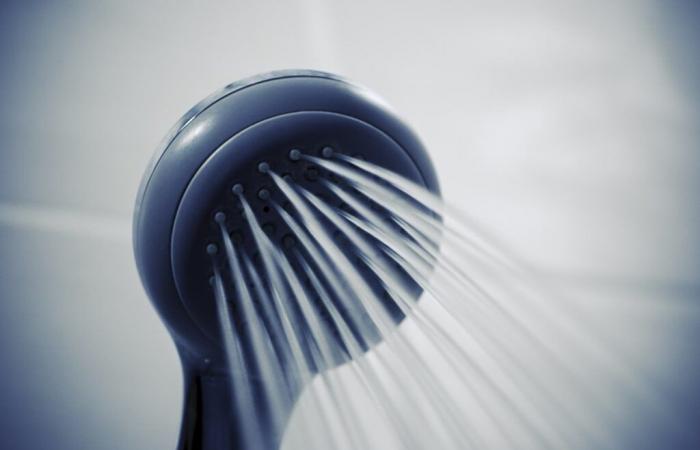Our obsession with cleanliness is not new. For decades, society and marketing have conditioned us to consider daily showering as an absolute necessity. This practice generally sets in at puberty and quickly becomes an immutable routine. Yet, Recent research shows that it is not necessarily the best approach for our health.
The skin microbiome: a fragile balance disrupted by too frequent showers
Our skin is not just a simple envelope. It is home to a complex ecosystem of beneficial bacteria and maintains a thin layer of protective oils. Dr. Shmerling explains that showering too frequently, especially with hot water, disrupts this delicate balance. The consequences can be significant: skin dryness, irritation, and even an increased risk of infections.
Antibacterial soaps make the problem worse. By eliminating beneficial bacteria, they create a vacuum quickly colonized by more resistant organisms. These new occupants may prove more difficult to dislodge and even develop resistance to antibiotics. A perfect example of how excess hygiene can backfire.
The impact on our immune system
The human immune system developed over millions of years in contact with its environment. Research shows that controlled exposure to microorganisms is essential to keep our defenses on alert. Daily showers deprive our bodies of these necessary stimulations.
This finding has particularly important implications for children. Many pediatricians now recommend against daily baths during childhood. This crucial period for the development of the immune system requires moderate exposure to environmental microorganisms.
New recommendations about daily showering
Faced with these findings, experts are recommending a new approach. A few showers per week are more than enough for most people. These showers should be short, three to four minutes maximumfocusing on the areas that really need it: armpits and private parts.
-This recommendation often raises concerns about body odor. Dr Shmerling reassures: good hygiene does not necessarily require a daily shower. Cultural factors play a major role in our perception of “cleanliness.” In China, for example, almost half of the population only washes twice a week, without negative consequences on health.
Beyond the health aspects, reducing the frequency of showers has other advantages. The water saving is considerable. Additionally, we limit our exposure to chemicals found in tap water and hygiene products: chlorine, heavy metals, synthetic fragrances and other potentially problematic additives.
Changing habits takes time to adapt. Our skin and our bacterial flora need a few weeks to regain their natural balance. During this time, some people may experience a slight increase in sweating or body odor. These symptoms are temporary and signal that our body is returning to optimal functioning.
- Daily showering disrupts the skin’s natural balance and can weaken our immune system
- A few showers per week are enough for most people, preferring short showers
- Changing habits requires a period of adaptation, but the health benefits are real
???? To not miss any news from Presse-citron, follow us on Google News and WhatsApp.






